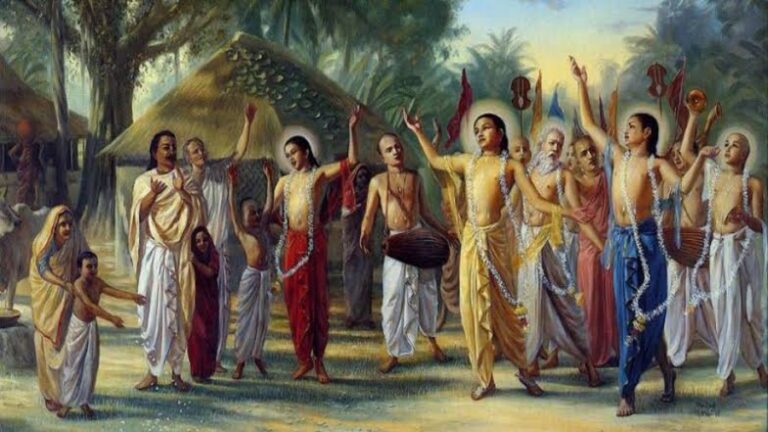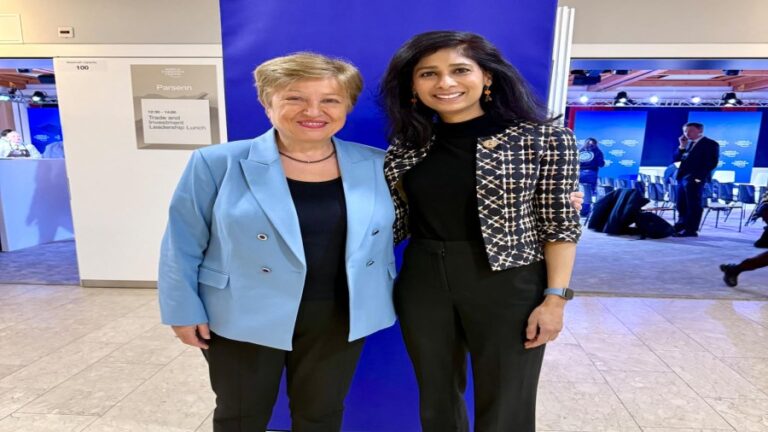
The Durand Cup is a living testament to India’s sporting heritage. First held in 1888, it predates both the FIFA World Cup, and the UEFA Champions League, making it the oldest football competition in Asia, and the third oldest in the world. Sir Mortimer Durand, then Foreign Secretary of British India, founded the tournament to offer British Indian Army troops a chance to relax, and compete. What began as a military pastime gradually evolved into a national sporting event that blends history with the evolving face of Indian football.
The Timeline of The Game
Over the decades, the Durand Cup has transitioned from a regimental competition into a national showcase that welcomes professional clubs, regional teams, and even international participants. Today, it is jointly organized by the Indian Armed Forces, and the All-India Football Federation (AIFF), reflecting discipline, and honor, the other celebration, and competitive spirit. Significantly, the President of India personally presents the trophy to the winners, elevating the prestige of the competition, and reinforcing its national importance.
Unlike commercial leagues that focus heavily on branding, and broadcasting, the Durand Cup continues to emphasize football as a sport of the people. It serves as a vital platform for emerging players, especially those from underrepresented regions, or smaller clubs. Athletes from I-League teams, services units, and local academies compete against elite Indian Super League (ISL) clubs, gaining exposure that could define their careers. This structure has helped produce some of India’s top football talents- Sunil Chhetri, who began his journey in competitions like this before rising to national, and international prominence.
Durand Cup 2025
The Durand Cup 2025 kicked off on July 23, and will run until August 23, across five states, and six stadiums. This year’s tournament features 24 teams divided into six groups of four. Matches are being played in-
- Kolkata (at the Salt Lake Stadium, and Kishore Bharati Krirangan),
- Jamshedpur (JRD Tata Sports Complex),
- Shillong (Jawaharlal Nehru Stadium),
- Imphal (Khuman Lampak Stadium), and
- Kokrajhar (SAI Stadium)
The group stage began with the opening match between East Bengal FC, and South United FC in Kolkata, and will continue through August 11. After the group stage, the top team from each group along with the two best second-placed teams will qualify for the quarterfinals, which are scheduled for August 16, and 17. The semi-finals will take place on August 19, and 20, leading to the grand final on August 23 at the Vivekananda Yuba Bharati Krirangan in Kolkata.
Moreover, the tournament has embraced a more inclusive, and international outlook. Teams from Nepal, Bangladesh, and Malaysia have joined in recent years, turning the Durand Cup into a hub of South Asian football diplomacy. These foreign participants not only elevate the level of competition, but also foster mutual respect, and cultural exchange among neighboring nations. Football, in this context, becomes a tool for connection rather than just competition.
The Spirit of the Sport
From a strategic standpoint, the tournament plays an increasingly valuable role in Indian football’s calendar. ISL clubs now treat it as a key pre-season event, using the opportunity to test new formations, evaluate signings, and build chemistry before the league season begins. For coaches, it’s a real-time laboratory. For players, it’s a trial by fire. And for fans, it’s an early taste of what their team could achieve in the months ahead.
What sets the Durand Cup apart, however, is its emotional, and symbolic weight. Winning the tournament is about becoming part of a legacy that stretches back over a century. The names engraved on the silverware include military teams, forgotten clubs, all connected through a shared commitment to the game. In essence, the Durand Cup stands at the crossroads of India’s football past, and its future. It honors the sport’s early roots, uplifts emerging players, strengthens regional pride, and fosters international friendships, all while staying true to its core values of discipline, honor, and fair play.
Stay tuned for more updates with The World Times.



